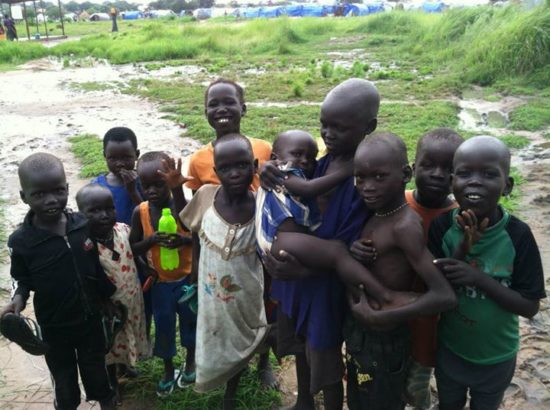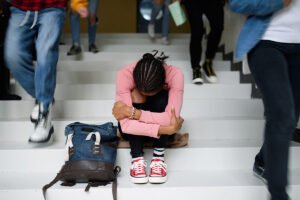
March 29, 2017; Times Live
The United Nations High Commissioner for Refugees (UNHCR) declared that at least 60,000 South Sudanese entered Sudan since January, far exceeding earlier projections and creating the world’s fastest growing refugee crisis. Sudan currently hosts more than 365,000 South Sudanese refugees. More than 80 percent of the latest arrivals were women and children. Those who survive the journey arrive exhausted, malnourished, and ill.
In other news reported last week by UNHCR, 172,000 South Sudanese refugees have fled to Uganda since January. Uganda is expected to host more than one million South Sudan refugees before June. The Central African Republic, the Democratic Republic of the Congo, Ethiopia, and Kenya are also hosting South Sudanese refugees. The majority of South Sudanese refugees go to Uganda, averaging more than 2,800 people per day.
Outside of Africa, coverage of this humanitarian crisis is scarce. It is, however, consistently news for NPQ, especially and most recently with this detailed report.
Trump’s “America First” budget blueprint that slashes foreign aid and multilateral funding, including the proposed elimination of the U.S. African Development Foundation, reflects an apparent indifference, if not belligerence, toward the growing needs of South Sudan and its neighbors.
In January, the New York Times noted that the four-page list of Africa-related questions the Trump transition team issued to the State Department signaled what little would remain in the new administration’s proposed budget for the world’s second-largest continent. Three of the six Muslim-majority countries named in Trump’s most recent temporary travel ban—Somalia, Sudan, and Libya—are in Africa. South Sudan is predominantly African Traditional Religion and Christian and escaped the list.
Sign up for our free newsletters
Subscribe to NPQ's newsletters to have our top stories delivered directly to your inbox.
By signing up, you agree to our privacy policy and terms of use, and to receive messages from NPQ and our partners.
Officially named the Republic of South Sudan, the world’s youngest country won its long-fought independence from Sudan in 2011. It is a UN member state. The country has since suffered ethnic violence and has been engaged in a civil war since 2013, uprooting more than three million people. South Sudan has the second-highest score on the Fragile States Index after Somalia. (Their roles were reversed in 2015 and 2014, with South Sudan as the most fragile state.) Last month, the UN World Food Program said that 4.9 million people (40 percent of South Sudan’s population) need food urgently.
The World Food Program and UNHCR rely on voluntary contributions from governments, pooled funding mechanisms, intergovernmental institutions, and the private sector. Donor funding for refugee assistance is increasing, but it is not keeping pace with the need. The humanitarian response to the needs of South Sudanese refugees and their host countries is severely underfunded. The number of refugees in 10 countries across Africa nearly doubled from 2.6 million in 2011 to nearly 5 million in 2016.
The heads of WFP and UNHCR describe the urgency of the need.
“We can’t imagine how difficult life is for thousands of refugee families with no food, and often denied the possibility to work or provide for themselves in other ways. Refugees are extraordinarily resilient, but cuts in food assistance—sometimes as high as 50 percent—are having a devastating impact on the health and nutrition of thousands of families,” said UNHCR’s [High Commissioner Filippo] Grandi. “The right to food is a basic human right. We are working with WFP to ensure that no refugee goes to sleep hungry, but support has to come quickly.”
“Millions of refugees depend on WFP food and our work to treat and prevent malnutrition to stay alive. But in Africa they are in danger of being overshadowed by large humanitarian crises elsewhere,” said [WFP executive director Etharin] Cousin. “Donors have been very generous facing unprecedented global needs. But no refugee deserves to be abandoned and left behind.”
—James Schaffer










